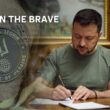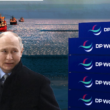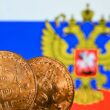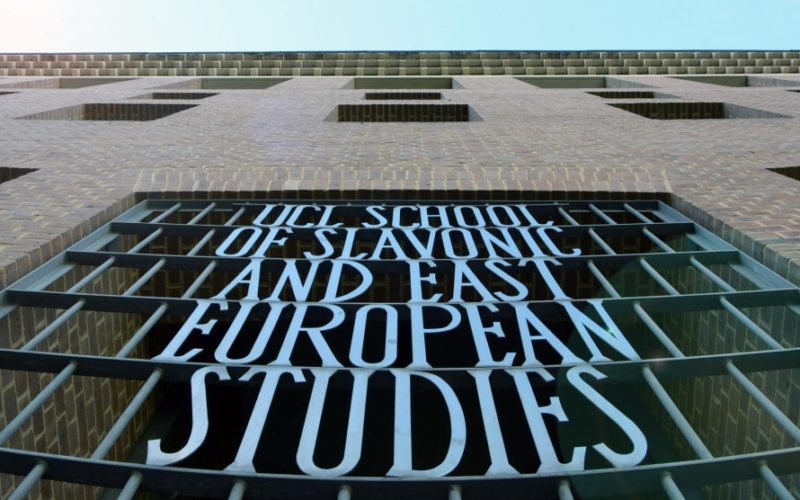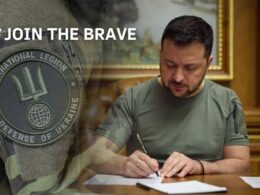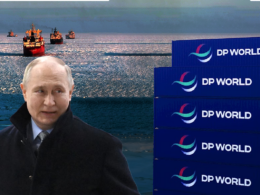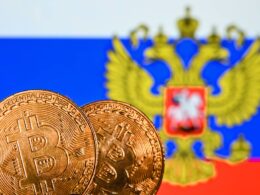In Ukraine, Moscow’s unprovoked war has killed tens of thousands of people and laid cities and towns to waste. At universities across the West, it has thrust Russia’s history of imperialism and colonialism to the forefront of Slavic and Eurasian academic discussion — from history and political science to art and literature.
The war is forcing scholars, departments, and university officials to question how they teach the history of Russia, the former Soviet Union, and the region, what textbooks and sources they use, whom they hire, which archives they mine for information, and even what departments should be named.
The Association for Slavic, East European, and Eurasian Studies (ASEEES) has made “decolonization” — which it describes as “a profoundly political act of re-evaluating long-established and often internalized hierarchies, of relinquishing and taking back power” — the theme of its annual conference in Philadelphia, later in this year.
“Russia’s full-scale invasion of Ukraine has led to widespread calls for the reassessment and transformation of Russo-centric relationships of power and hierarchy both in the region and in how we study it,” the association says in a notice on the convention.
In Britain the University of Cambridge is holding a series of lectures under the banner “Rethinking Slavonic Studies.” Among other examples, scholars in North America are working on a book of essays that will focus on “decolonizing Eastern European and Eurasian art and material culture.”
Russian state receives too much focus in academia at the expense of the colonized nations, regions, and groups, including Ukraine, the Caucasus, and Central Asia, as well as ethnic minority communities in Russia itself.
Proponents of decolonization or “decentering” are calling for a greater inclusion of voices from those nations and regions in the curriculum of Russian, Soviet, and Eurasian history, literature, culture, political science, and economics.
The potential impact of the shift that has begun goes beyond the need to rewrite lectures and incorporate new material. It could also affect current and future research projects and reach back in time, as well, leading to greater scrutiny of past works.
Universities rarely offer courses in the history or culture of Ukraine, Europe’s largest country by size and its seventh-largest by population. Due to this, Ukraine has been “misjudged and misunderstood” in the West recently in part because scholars of Russia dominate the discussion. This is also one of the reasons for many incorrect predictions about the course of the current war.
One key narrative passed on from imperial-era historians and still widely taught in the United States today, is that Russia is the direct and sole successor to Kievan Rus — also known as Kyivan Rus, from the city’s Ukrainian name — a state that reached the peak of its power a century before Moscow was founded.
This skewed version of history appears to be at the center of what numerous analysts have said is Putin’s obsession with dominating Ukraine.
Mark Steinberg, professor emeritus of Russian history at the University of Illinois at Urbana-Champaign and the co-author of the widely used textbook A History Of Russia said that Russia’s invasion of Ukraine has “pushed the field to understand empire and colonialism as probably never before”. “Previously it was all academic discussion but now people are dying over this.”
As for the textbook A History Of Russia, Steinberg said he has made “some significant changes in the direction of questioning simple assumptions about Kyiv-Moscow continuities and will develop these further in the 10th edition.”
